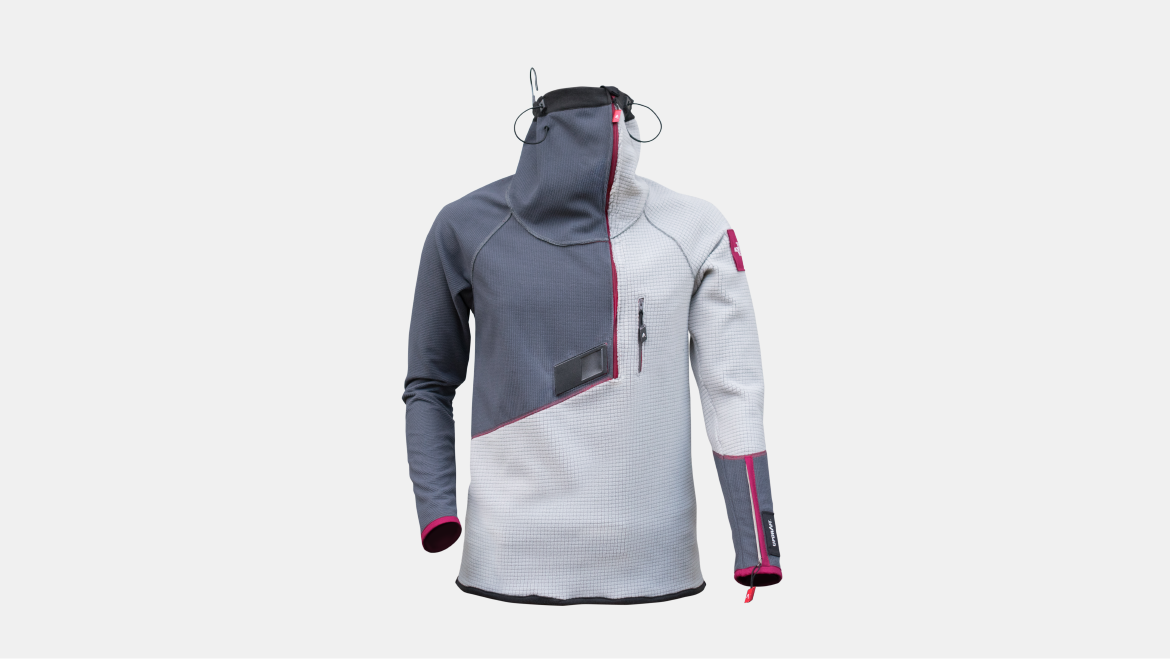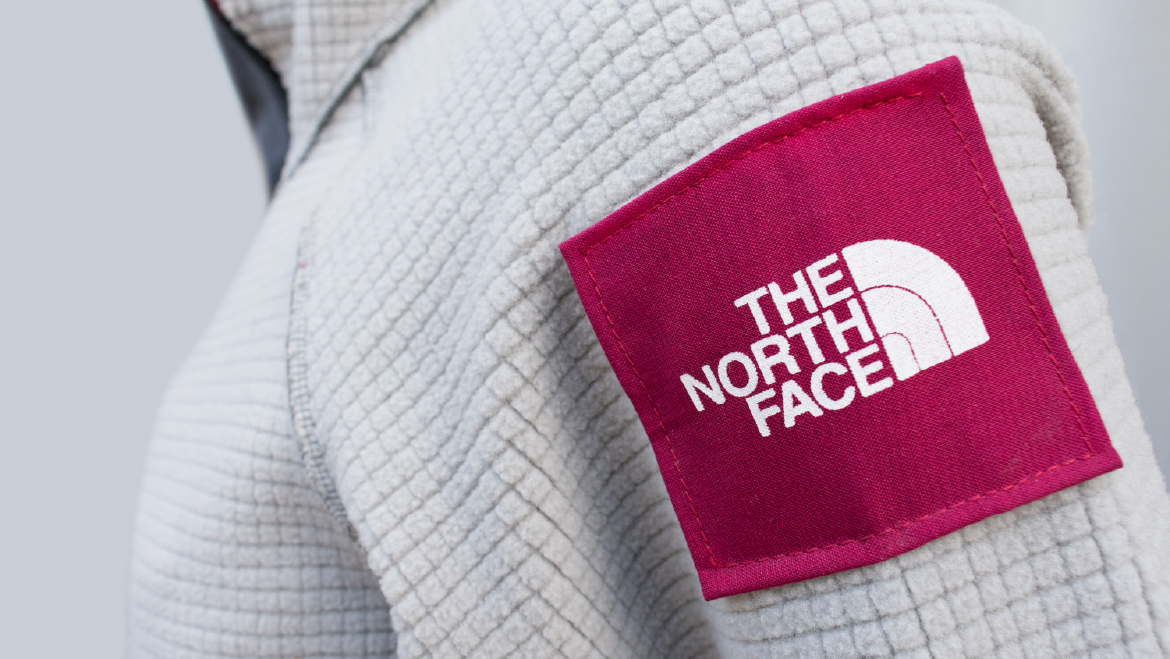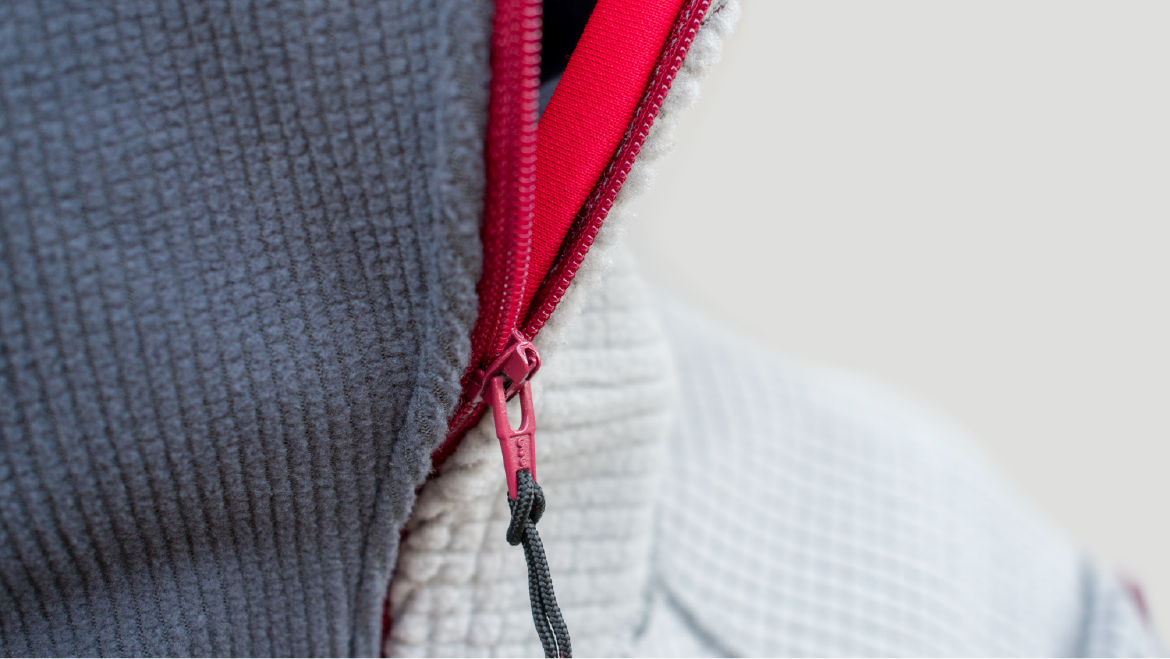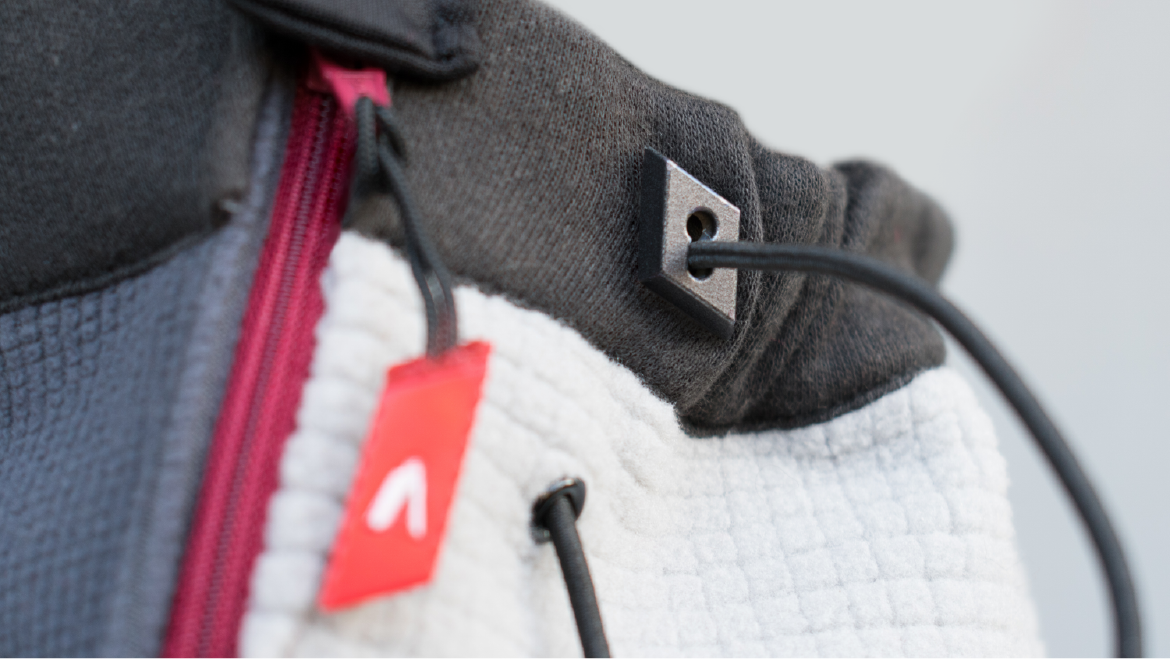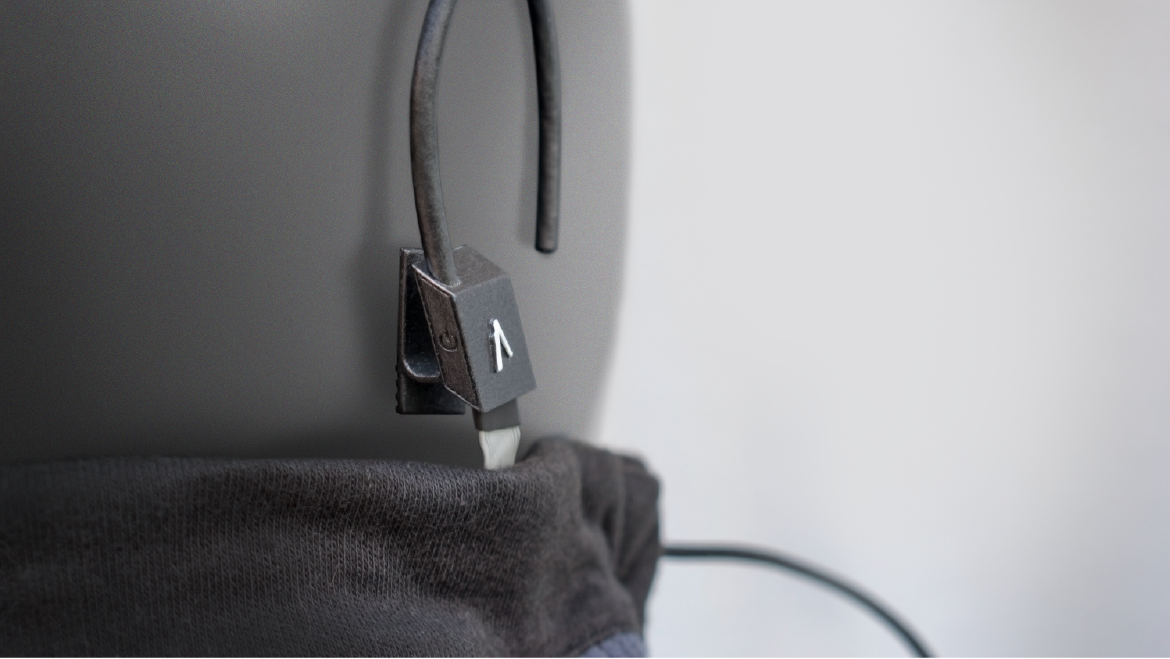Updraft prepares climbers for the unpredictable nature of altitude sickness.
Updraft prepares climbers for the unpredictable nature of altitude sickness.
Updraft prepares climbers for the unpredictable nature of altitude sickness.
Altitude sickness is a common problem for climbers that is often overlooked in the outdoor industry.
Altitude sickness is an illness caused by ascent to a high altitude and the resulting shortage of oxygen, characterized by hyperventilation, nausea, exhaustion, and cerebral edema - which can lead to death.
Altitude sickness is a common problem for climbers that is often overlooked in the outdoor industry.
Altitude sickness is an illness caused by ascent to a high altitude and the resulting shortage of oxygen, characterized by hyperventilation, nausea, exhaustion, and cerebral edema - which can lead to death.
Altitude sickness is a common problem for climbers that is often overlooked in the outdoor industry.
Altitude sickness is an illness caused by ascent to a high altitude and the resulting shortage of oxygen, characterized by hyperventilation, nausea, exhaustion, and cerebral edema - which can lead to death.
Check out the whole process here:
Check out the whole process here:
Check out the whole process here:
At an elevation of 14,505 feet, there is 45% less oxygen than there is at sea level. Climbers have to slowly acclimatize to the altitude.
At an elevation of 14,505 feet, there is 45% less oxygen than there is at sea level. Climbers have to slowly acclimatize to the altitude.
At an elevation of 14,505 feet, there is 45% less oxygen than there is at sea level. Climbers have to slowly acclimatize to the altitude.
At an elevation of 14,505 feet, there is 45% less oxygen than there is at sea level. Climbers have to slowly acclimatize to the altitude.
There are many different variables that go into altitude sickness. Altitude sickness can be very unpredictable.
There are many different variables that go into altitude sickness. Altitude sickness can be very unpredictable.
Oxygen Bottles
One solution is to carry large pressurized oxygen tanks and an oxygen mask. However, this is not ideal because the user prioritizes being able to climb down quickly and unencumbered in an emergency.
Oxygen Bottles
One solution is to carry large pressurized oxygen tanks and an oxygen mask. However, this is not ideal because the user prioritizes being able to climb down quickly and unencumbered in an emergency.
Oximeters
Currently, oxygen monitors aren't designed for use in this context. The climber is left responsible for assessing if they are indeed suffering from altitude sickness.
The Solution
Notification
"You may have altitude sickness and not know it until you experience symptoms."
Notification
"You may have altitude sickness and not know it until you experience symptoms."
Notification
"You may have altitude sickness and not know it until you experience symptoms."
Integration
Integrated into the always-there fleece jacket.
Integration
Integrated into the always-there fleece jacket.
Integration
Integrated into the always-there fleece jacket.
Unlimited Oxygen
Updraft can absorb 3X as much oxygen from the air as a tank of equal size would hold.
Unlimited Oxygen
Updraft can absorb 3X as much oxygen from the air as a tank of equal size would hold.
Where’s the oxygen coming from?
The chest piece uses a material that can absorb 3x as much oxygen from the air as a pressurized tank of equal size would hold. The oxygen can then be released at a controlled rate with gentle heat.
Developed by the University of Southern Denmark.
Where’s the oxygen coming from?
The chest piece uses a material that can absorb 3x as much oxygen from the air as a pressurized tank of equal size would hold. The oxygen can then be released at a controlled rate with gentle heat.
Developed by the University of Southern Denmark.
Where’s the oxygen coming from?
The chest piece uses a material that can absorb 3x as much oxygen from the air as a pressurized tank of equal size would hold. The oxygen can then be released at a controlled rate with gentle heat.
Developed by the University of Southern Denmark.
How it Works
How it Works
1. The ear-piece senses when oxygen levels are low and gives an audio notification to the user.
1. The ear-piece senses when oxygen levels are low and gives an audio notification to the user.
1. The ear-piece senses when oxygen levels are low and gives an audio notification to the user.
1. The ear-piece senses when oxygen levels are low and gives an audio notification to the user.
2. Close the oxygen concentrator off from the atomosphere.
3. Adjusting a slider on the arm controls how much oxygen is released.
3. Adjusting a slider on the arm controls how much oxygen is released.
4. Zip up the collar over the face.
5. Oxygen is funneled up to the face from the concentrator.
5. Oxygen is funneled up to the face from the concentrator.
Alternate Uses
Alternate Uses
Alternate Uses
This product could be useful for people living in highly polluted urban environments, disaster areas, or for athletes training at high altitudes such as boxers and runners.
This product could be useful for people living in highly polluted urban environments, disaster areas, or for athletes training at high altitudes such as boxers and runners.

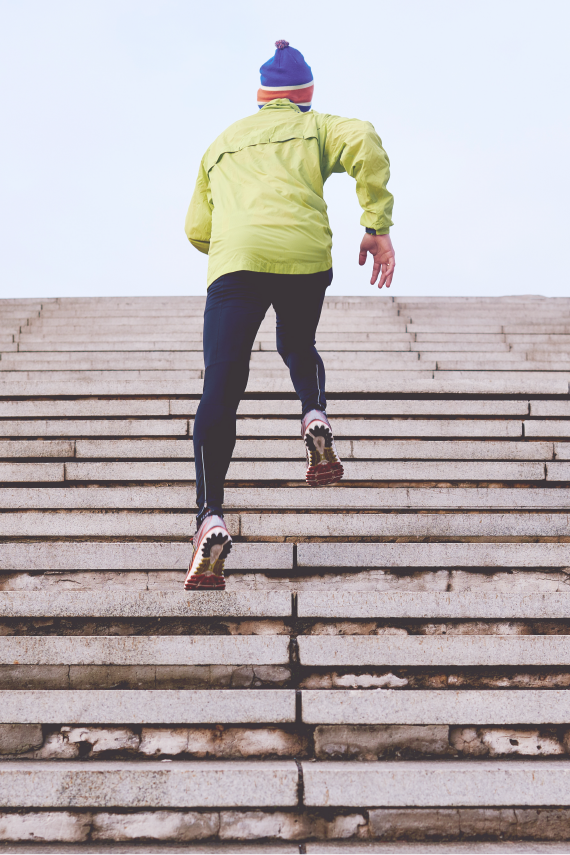
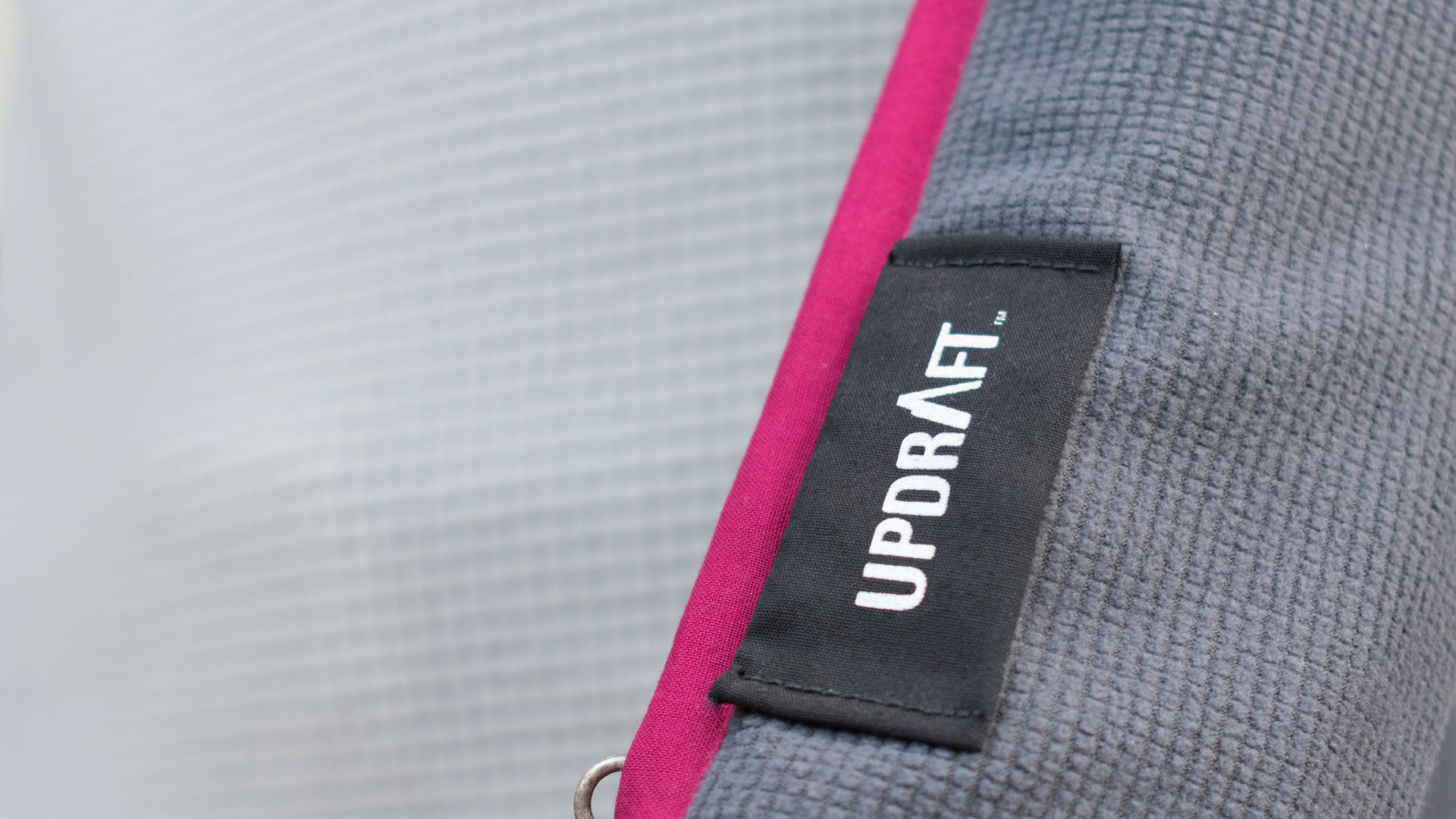
All works © Christiahn Roman 2017

